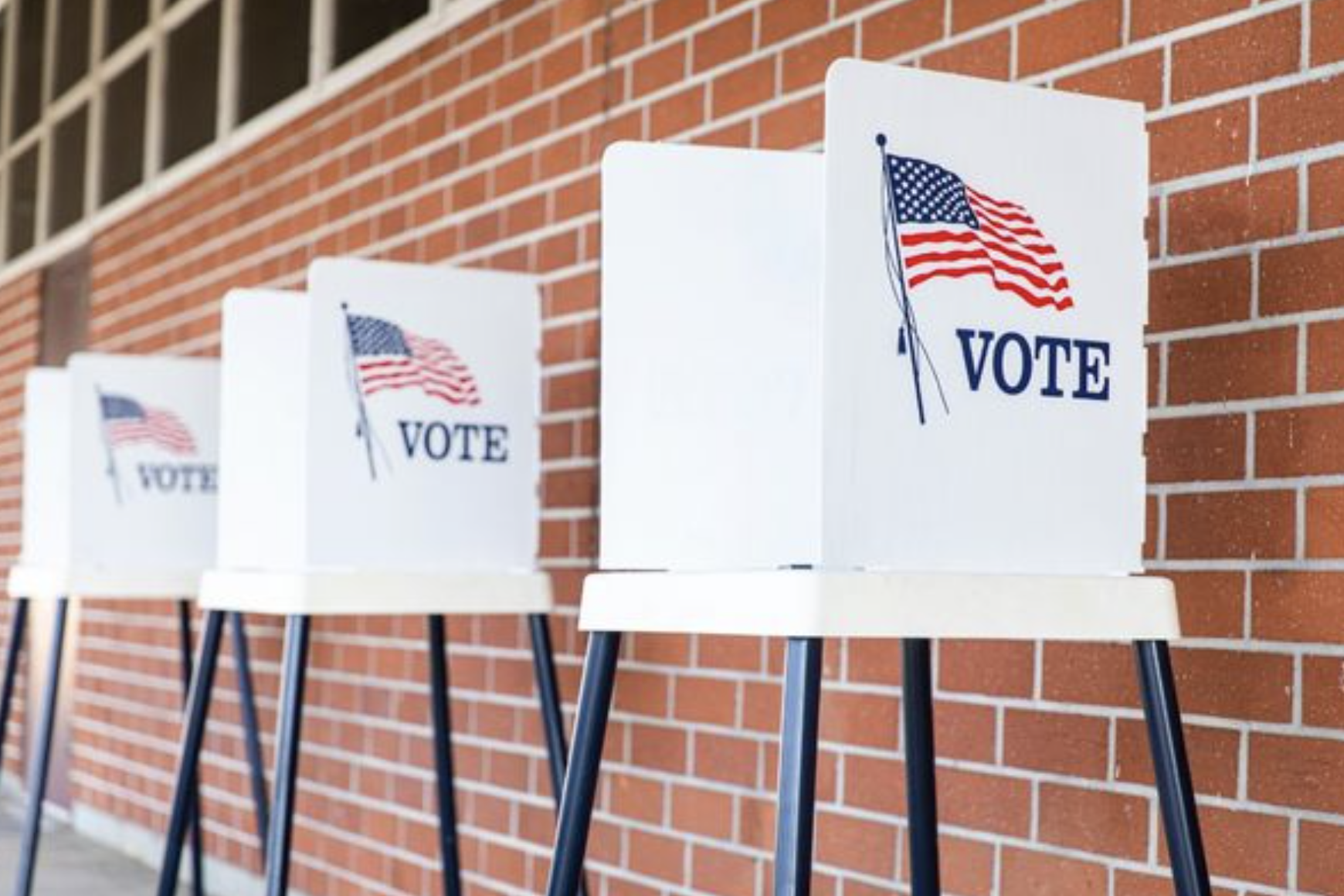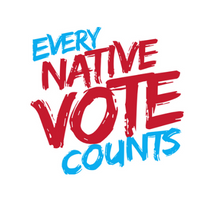
- Details
- By Jenna Kunze
The Nevada county that refused to offer in-person voting on election day to its citizens who lived on a reservation — instead requiring them to drive nearly 200 miles round trip to polling stations — reached a settlement with the Shoshone Paiute Tribes of Duck Valley Indian Reservation in late October.
On Sept. 29, 2022, the tribe filed a lawsuit against Elko County, its County Commissioners, County Clerk, Deputy County Clerks, and Chief Deputy County Clerk because of “its refusal to rectify the county’s grossly unequal voting opportunities for the 2022 election and future elections.”
In October, Native voter advocate OJ Semans, Sr. (Sicangu Oyate), told Native News Online that county election officials in Nevada created un-American barriers to voting for citizens of the Shoshone Paiute Tribes of Duck Valley Indian Reservation. Prior to the settlement, tribal members were told they would have eight hours to vote over two separate dates on their reservation for early voting in the Nov. 8 general election.
 (nativevote.org)
(nativevote.org)
That’s compared to 120 hours of registration and voting opportunities during the early voting and election day period offered to other Elko voters.
Shoshone-Paiute Tribes’ Chairman Brian Mason said the tribe requested in-person voting through the proper recourse but was denied.
“We made the request for in-person voting access in a timely fashion as per the Nevada statute – on the form authorized by Nevada’s Secretary of State,” Chairman Mason said in a statement when the lawsuit was filed. “Elko County refuses to comply with the Constitution and leaves us no recourse other than litigation.”
In the settlement reached by the tribe and the county on Oct. 26, Elko County agreed to:
- Provide an early polling location on the Shoshone Paiute Tribes of Duck Valley Indian Reservation for five specific dates ahead of the Nov. 8 general election.
- Provide a ballot box for the reservation on Election Day.
- Provide 12 days of early in-person voting and in-person voting on Election Day on in the 2023 election cycle.
The chairman called the settlement “historic” and noted that it increased access to the polls by five times.
“We were given citizenship in 1924, and it took us until 2022 to acquire equal access in the Electoral Process,” Mason said in a statement.
More Stories Like This
Native News Weekly (August 25, 2024): D.C. BriefsNCAI Releases Sttatement on the Passing of Rev. Jesse Jackson
Colusa Indian Energy Participates in Port of Quincy Town Hall on Columbia Basin Power Project
Q&A: Jingle Dress Dancer Answered Call to Ceremony in Face of ICE Violence
Haaland Gets First Hand Look at Efforts to Address Homelessness in Albuquerque
Help us defend tribal sovereignty.
At Native News Online, our mission is rooted in telling the stories that strengthen sovereignty and uplift Indigenous voices — not just at year’s end, but every single day.
Because of your generosity last year, we were able to keep our reporters on the ground in tribal communities, at national gatherings and in the halls of Congress — covering the issues that matter most to Indian Country: sovereignty, culture, education, health and economic opportunity.
That support sustained us through a tough year in 2025. Now, as we look to the year ahead, we need your help right now to ensure warrior journalism remains strong — reporting that defends tribal sovereignty, amplifies Native truth, and holds power accountable.
 The stakes couldn't be higher. Your support keeps Native voices heard, Native stories told and Native sovereignty defended.
The stakes couldn't be higher. Your support keeps Native voices heard, Native stories told and Native sovereignty defended.
Stand with Warrior Journalism today.
Levi Rickert (Potawatomi), Editor & Publisher


